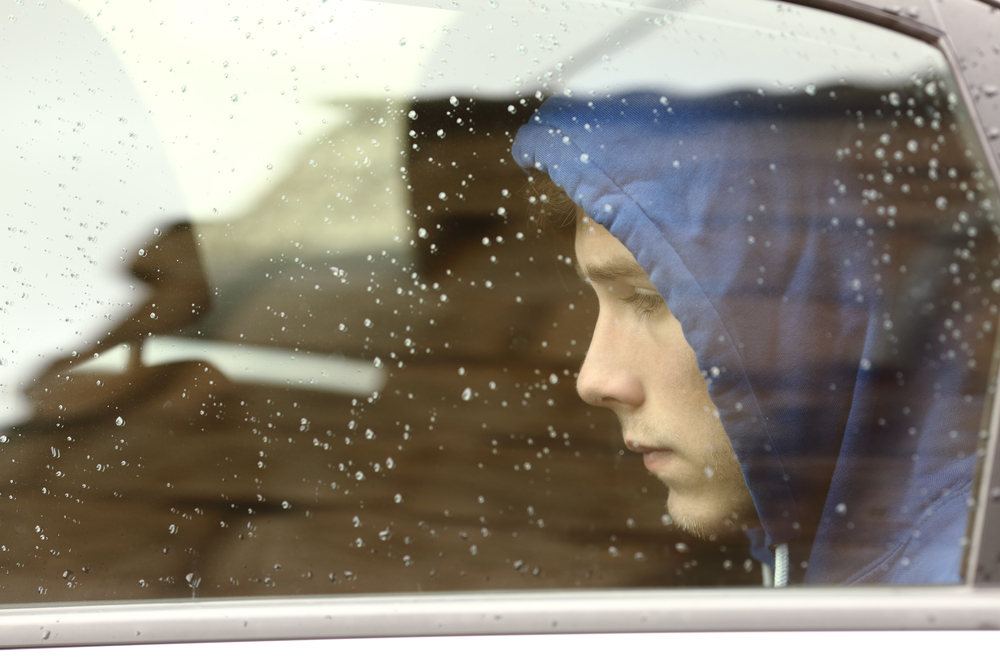Returning Gaeltacht Survivors Struggle To Rejoin Society
 “WE went out there to speak our native language to do what was right for our country… but when we came back, everyone looked at us like we were just a bunch of damn fools”.
“WE went out there to speak our native language to do what was right for our country… but when we came back, everyone looked at us like we were just a bunch of damn fools”.
That’s a line you hear a lot from the veterans of the Gaeltacht: young men and women who, perhaps through some misguided sense of patriotism or national pride, decided to lay down a summer of their young lives to go out into a strange land and try to survive.
Those who made it back carried with them an intense love for their native tongue, which they felt would garner them the respect and admiration of their fellow countrymen… instead, they got jeers, and insults. Reports of people being spat on as they got off the bus coming home from the Gaeltacht were not uncommon.
After spending five weeks of their summer holidays away from home, many Gaeltacht survivors struggled to rejoin society when they got back to their hometowns. With most summer job vacancies already filled by teenagers who dodged the Gaeltacht draft, highly skilled veterans were forced to remain unemployed until school restarted. Most had to turn to their parents for a few quid, as nobody wanted to hire them.
“Three weeks ago, I was speaking fluent Irish in Colaiste Lurgan, shifting a different girl every night… now, I sit playing Xbox all day, bored out of my skull,” said one vet.
“Me and my unit recorded a version of A-Team by Ed Sheerin as Gaeilge that got viewed on YouTube over half a million times… I get home, and I can’t even get a job in Burger King”.
The sadness of the Gaeltacht survivors is compounded by their youth: the majority of them made the decision to go to the Gaeltacht because they were young, and didn’t know any better.
In most instances, the average age a teenager will be the first time they’re away from home for a long time, is 18.
In the Gaeltacht, it’s 14.
14.